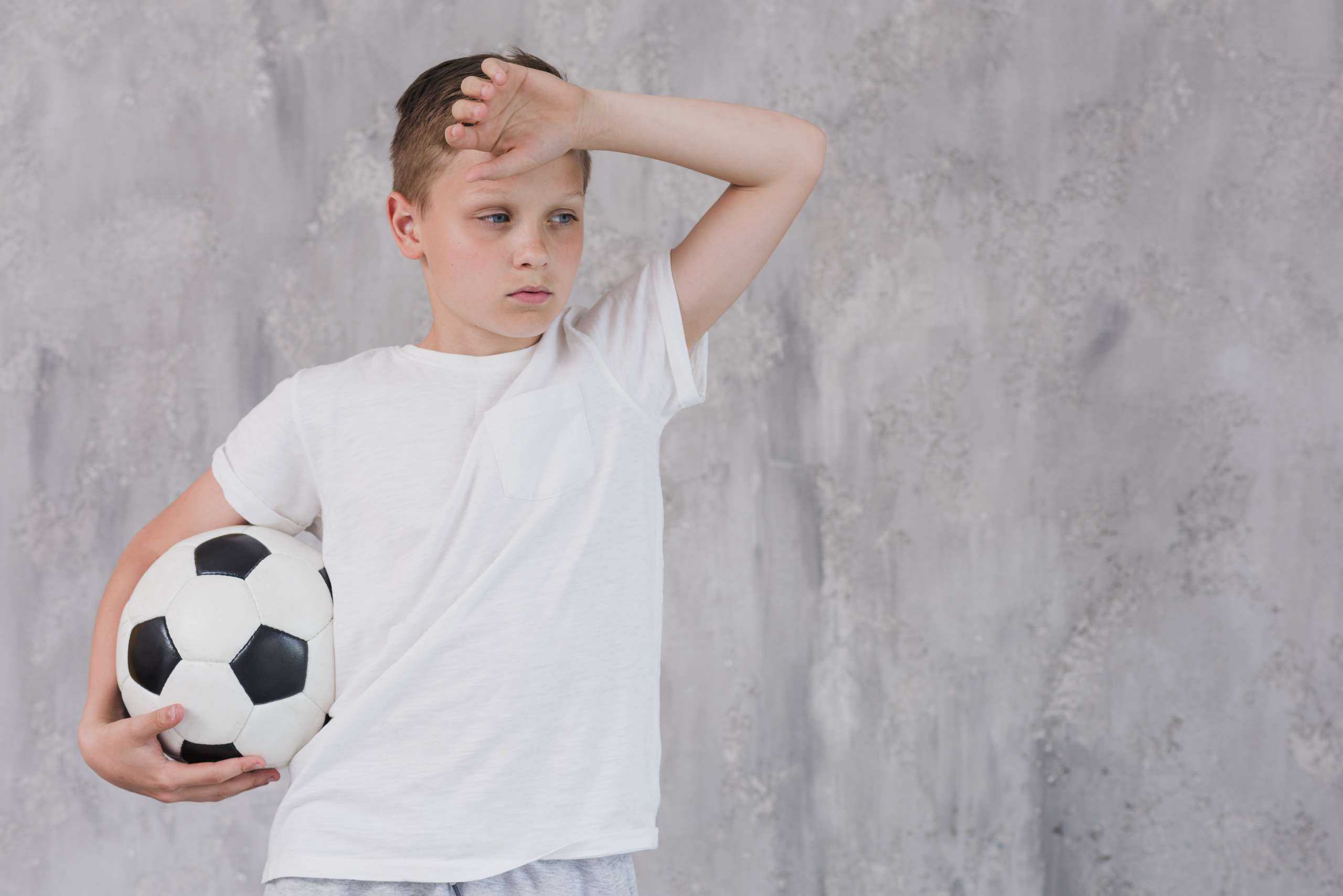
Overtraining is a condition that an athlete and his coach want to avoid at all costs. Increasingly we hear that it also occurs in young athletes. Exposing a young body to an intensive training stimulus can lead to overtraining, and then to injuries and discouragement from physical activity. How to avoid this situation?
Every training stimulus triggers a stress response in the body. This is a desirable reaction because it leads to an adaptation adequate to the training unit. If the recovery period and the subsequent stimulus are ideally combined, the phenomenon of supercompensation will occur. This state leads to increased performance, but acute fatigue can lead to a decrease in overall performance. Excessive fatigue can occur when the balance between optimal training stimulus and recovery time is disturbed. Underestimating such a situation will lead to overtraining which will consequently cause numerous injuries and disorders. Increasing the training intensity and its continuation with no optimal amount of rest leads to overloading of all systems. This state is characterized by a significantly lower efficiency and effectiveness of the body, which translates into achieving much worse sports results.
Overtraining takes into account many factors, such as physiological, psychological, environmental or social aspects. Any of these can lead to so-called athlete burnout. Overtrained young athletes often come to the conclusion that sport is the most important thing in their lives, which results in time for other activities being severely limited. According to the data, as many as 20% of athletes devote significantly less than five hours per week to other activities outside of sports, and over 40% have nothing else to do besides physical activity. This can have negative consequences especially for young athletes as it will translate into the development of a one-dimensional identity. As a result, they will not be able to remove the negative effects of stressful events.
In addition, overtrained sports students report learning problems in school and fatigue due to intense training. Most young people are in compulsory education, but the physical and time demands can negatively affect their academic performance and health.
Keeping a close check on your mental and physical state will certainly give you the opportunity to respond appropriately and quickly to the effects of overtraining as soon as it occurs. The most common symptoms include:
– pallor of the skin coverings,
– chronic fatigue,
– upper respiratory tract infections,
– elevated resting heart rate,
– weight loss,
– sleep disturbances,
– decreased sense of well-being.
As it turns out, overtraining has a very large impact on the immune system response to bacteria and viruses that attack the body. It can be proved by the appearance of herpes or more frequent diseases of the upper respiratory tract. It’s also a good idea to measure your heart rate regularly so you can respond as quickly as possible to fatigue, preventing other, worse symptoms. Overtraining in young athletes is a phenomenon that can also lead to discouragement from sport. In addition, states of irritability and general mental fatigue also occur, sometimes resulting in tantrums. Keeping track of the mental state in young athletes will also help prevent the undesirable effects of overtraining resulting in overly intensive training units.
Featured Image: Freepik